Inivited speakers

Karim Adiprasito
(Einstein Institute of Mathematics, Israel)
Karim Alexander Adiprasito is a German mathematician at the University of Copenhagen and the Hebrew University of Jerusalem who works in combinatorics. He completed his Ph.D. in 2013 at Free University Berlin under the supervision of Günter M. Ziegler. He was awarded the 2015 European Prize in Combinatorics for his work in discrete geometry, in particular on realization spaces of polytopes citing “his wide-ranging and deep contributions to discrete geometry using analytic methods particularly for his solution of old problems of Perles and Shephard (going back to Legendre and Steinitz) on projectively unique polyhedra.” With Huh, he is one of five winners of the 2019 New Horizons Prize for Early-Career Achievement in Mathematics, associated with the Breakthrough Prize in Mathematics. He also won the 2020 EMS Prize of the European Mathematical Society.
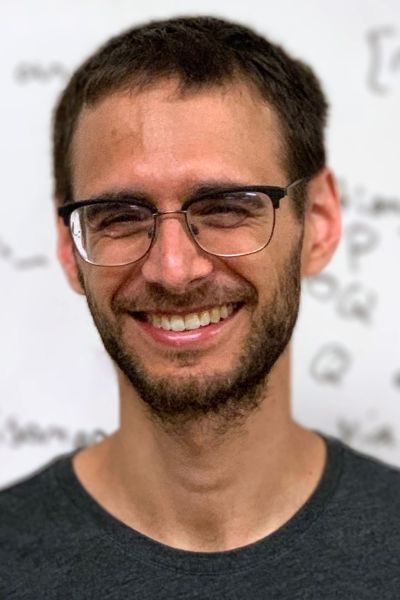
Jonah Blasiak
(Drexel University, USA)
Jonah Blasiak received his Ph.D. in 2009 from UC Berkeley under Mark Haiman and was a postdoc at University of Chicago and University of Michigan. Since 2013, he has been a faculty member at Drexel University in Philadelphia. His research is in algebraic combinatorics and representation theory, and connections between these areas and complexity theory. His recent work on Schubert calculus and Macdonald polynomials led him and his collaborators to settle several open problems, including the Schur positivity of k-Schur functions, the Shimozono-Weyman conjecture, and the Loehr-Warrington conjecture.
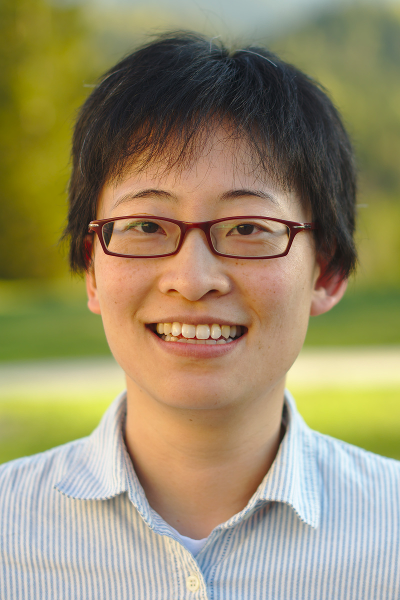
Melody Chan
(Brown University, USA)
Melody Chan is an American mathematician working in combinatorial algebraic geometry. She received her PhD from U.C. Berkeley in 2012, was an NSF Postdoctoral Fellow at Harvard until 2015, and since then has been at Brown University, where she is is currently an Associate Professor of Mathematics. She has received a 2018 Sloan Research Fellow, an NSF CAREER grant, and the 2020 AWM-Microsoft Research Prize in Algebra. In 2022, she was elected a Fellow of the American Mathematical Society.
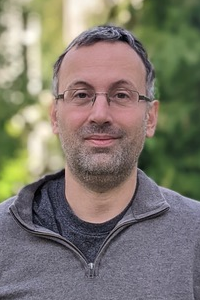
Eric Fusy
(Université Gustave Eiffel, France)
Éric Fusy has been a CNRS researcher at École Polytechnique and then Université Gustave Eiffel. He specializes in enumerative combinatorics and the analysis of random discrete structures, with an emphasis on the study of planar maps.
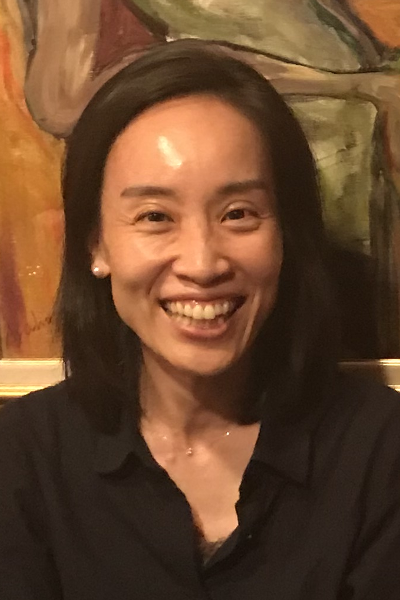
Rei Inoue
(Chiba University, Japan)
Rei Inoue is a Japanese mathematician at Chiba University. Her area of expertise is discrete integrable systems and related topics, by using techniques from algebraic geometry, tropical geometry, representation theory, cluster algebras and combinatorics. One of her findings is the algebraic and geometric understanding of integrable ball-box type systems. She also studies knot invariants and Teichm"uller theory by applying cluster algebras.
She received a PhD in 2001 from the University of Tokyo on the topic of algebraic structures of discrete integrable systems and soliton cellular automata, under the supervision of Miki Wadati.
Awards: 2003 MSJ Takebe Katahiro Prize for Encouragement of Young Researchers
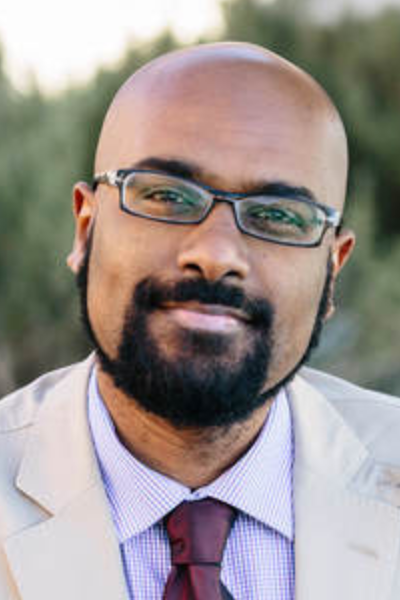
Mohamed Omar
(Harvey Mudd College, USA)
Mohamed Omar is an associate professor in the math department at Harvey Mudd College. He arrived there after a postdoctoral fellow at the California Institute of Technology, and completed his Ph.D. under the supervision of Jesus A. De Loera. Omar is interested in seeing algebra, particularly polynomials, come alive in combinatorics, graph theory and discrete/convex geometry. He was the inaugural recipient of the AMS Claytor Gilmer Fellowship.
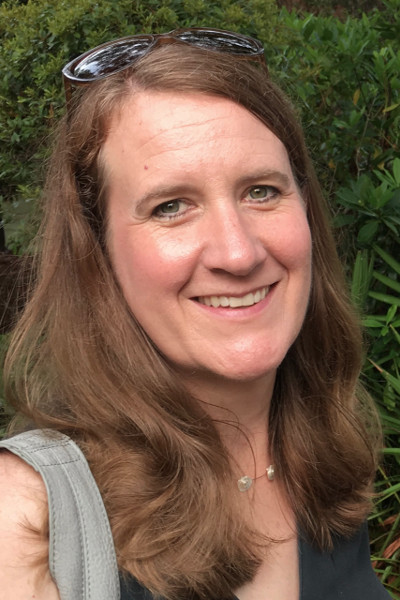
Sibylle Schroll
(Universitaet Koeln, Germany)
Sibylle Schroll is a German mathematician working in the area of representation theory of finite dimensional algebras at the University of Cologne. She received her PhD in 2003 with Michel Broué at the University Sorbonne Paris North on the topic of finite groups of Lie type. Following her PhD she worked at the Universities of Oxford and Leicester before moving to Cologne. She has a particular interest in the interactions of representation theory and combinatorics. In recent years she has established new connections in this area, in particular in relation with graph theory, surface combinatorics and homological mirror symmetry. In 2017 she has received an EPSRC fellowship and since 2020 she holds an IDUN professorship at the Norwegian University of Science and Technology.
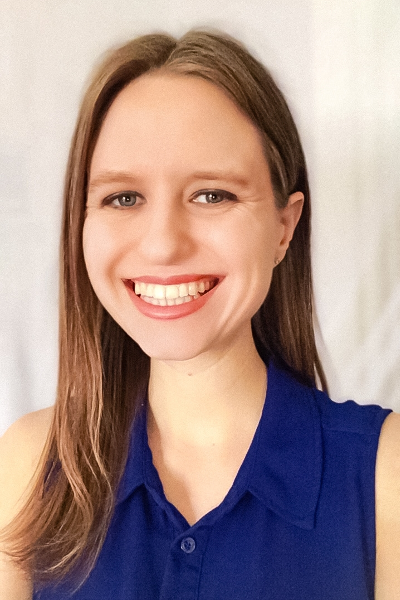
Anna Weigandt
(MIT, USA)
Anna Weigandt is a postdoc in the Mathematics Department at the Massachusetts Institute of Technology. Previously, she was an Inquiry Based Learning Postdoctoral Assistant Professor at the University of Michigan. There, she was supported in part by the Parekh Family and De Sapio fellowships. She obtained her Ph.D. from the University of Illinois at Urbana-Champaign under the direction of Alexander Yong. At Illinois, she was awarded the Irving Reiner Memorial Award for algebra. Her research interests include Schubert calculus and combinatorial algebraic geometry.
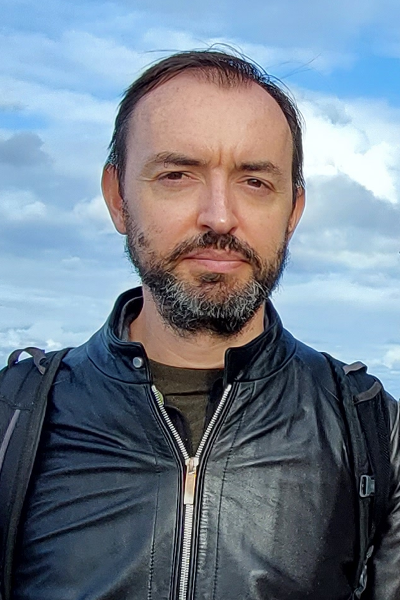
Paul Zinn-Justin
(Melbourne University, Australia)
Paul Zinn-Justin is a mathematician working at the interface between mathematical physics and algebraic combinatorics. He obtained a PhD in theoretical physics at Ecole Normale Superieure (Paris) in 1998, and then worked for CNRS (as chargé de recherches, then directeur de recherches) from 2000 to 2016, at which point he moved to the University of Melbourne, where he is currently a professor in the School of mathematics and statistics. The main focus of his research is the application of methods from mathematical physics, especially quantum integrable systems, to algebraic geometry and combinatorics; in particular, in recent times, to Schubert calculus. His other topics of interest include random matrix theory, knot theory, and mathematical software and algorithms.